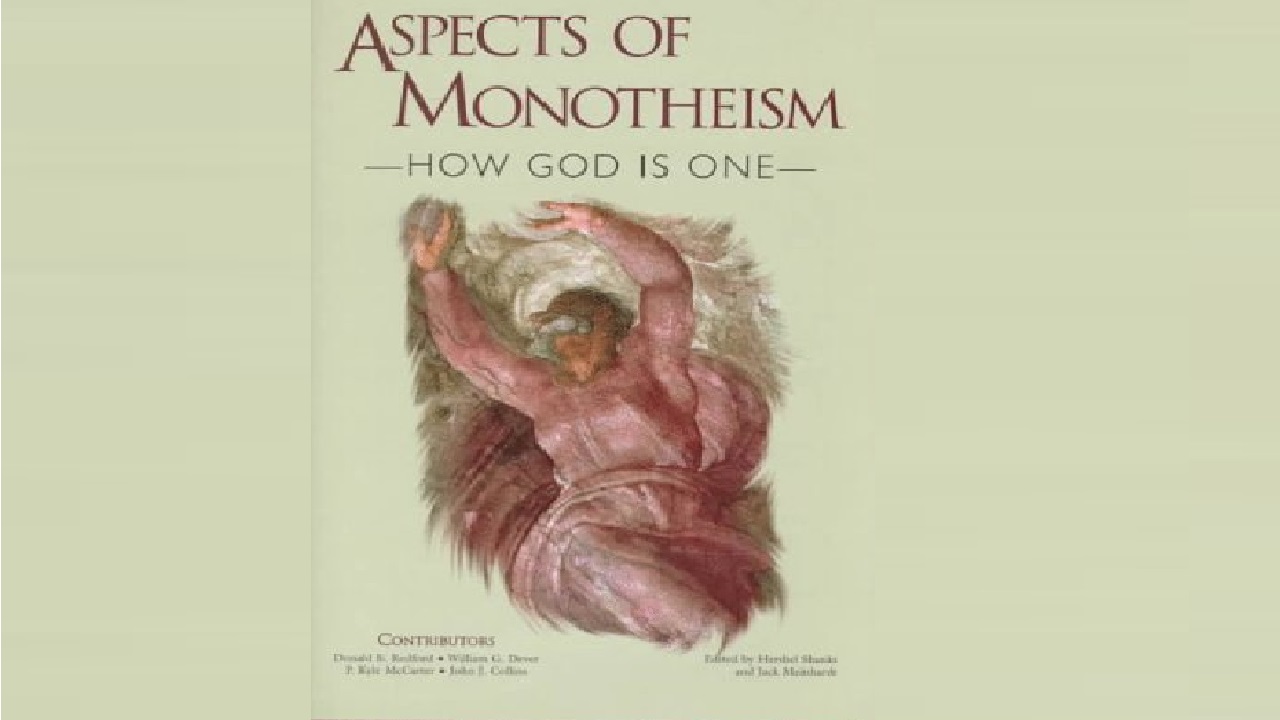
“The only true God” Dilemma
March 28, 2019
How God is One but Three!
March 28, 2019Trini Vs Trini

Social trinitarians typically look to the Cappadocian Fathers as their champions. As we have seen, they explain the difference between substance and hypostasis as the difference between a generic essence, say, man, and particular instances of it, in this case, several men like Peter, James and John. This leads to an obvious question: if Peter, James and John are three men each having the same nature, then why would not the Father, Son and Holy Spirit similarly be three Gods each having the divine nature?
In his letter To Ablabius That There Are Not Three Gods, Gregory of Nyssa struggled to answer this question. He emphasizes the primacy of the universal, which is one and unchangeable in each of the three men. This is merely to highlight a universal property, which Gregory holds to be one in its many instantiations, rather than the property instance of that universal in each man. Gregory, like Plato, thinks of the universal as the primary reality. He advises that rather than speaking of three Gods, we ought instead to speak of one man. But this answer solves nothing. Even if we think of the universal as the primary reality, still it is undeniable that there are three instances of that reality who, in the one case, are three distinct men, as is obvious from the fact that one man can cease to exist without the others ceasing to do so. Similarly, even if the one divine nature is the primary reality, still it is undeniably exemplified by three hypostaseis, who should each be an instance of deity.
In order to block the inference to three Gods, Gregory also appeals to the ineffability of the divine nature and to the fact that all the operations of the Trinity toward the world involve the participation of all three persons. But even granted his assumptions, one cannot justifiably conclude that there are not three cooperatively acting individuals who each share this ineffable nature, and any remaining indistinguishability seems purely epistemic, not ontological.
Gregory goes on to stress that every operation between God and creation finds its origin in the Father, proceeds through the Son and is perfected by the Holy Spirit. Because of this, he claims, we cannot speak of those who conjointly and inseparably carry out these operations as three Gods. But Gregory’s inference seems unjustified. Simply because we creatures cannot distinguish the persons who carry out such operations, one cannot therefore conclude that there are not three instances of the divine nature at work; moreover, the very fact that these operations originate in the Father, proceed through the Son and are perfected by the Spirit seems to prove that there are three distinct if inseparable operations in every work of the Trinity toward creation.
Finally, Gregory appears to deny that the divine nature can be multiply instantiated. He identifies the principle of individuation as “bodily appearance, and size, and place, and difference in figure and color”—“That which is not thus circumscribed is not enumerated, and that which is not enumerated cannot be contemplated in multitude.” Therefore, the divine nature “does not admit in its own case the signification of multitude.” But if this is Gregory’s argument, not only is it incompatible with there being three Gods, but it precludes there being even one God. The divine nature would be uninstantiable, since there is no principle to individuate it. If it cannot be enumerated, there cannot even be one. On the other hand, if Gregory’s argument intends merely to show that there is just one generic divine nature, not many, then he has simply proved too little: for the universal nature may be one, but multiply instantiated. Given that there are three hypostaseis in the Godhead, distinguished according to Gregory by the intratrinitarian relations, then there should be three Gods. The most pressing task of contemporary social trinitarians is to find some more convincing answer to why, on their view, there are not three Gods.

